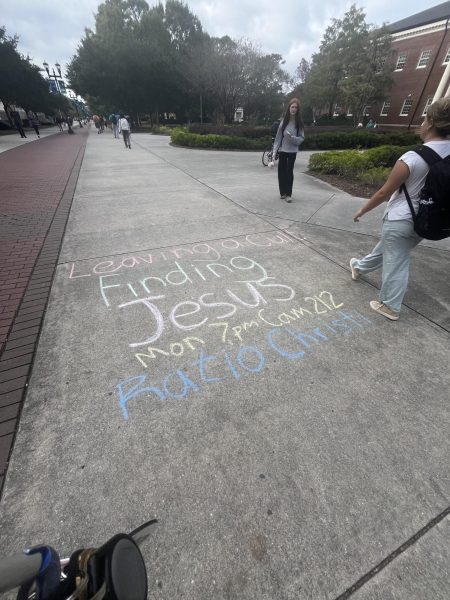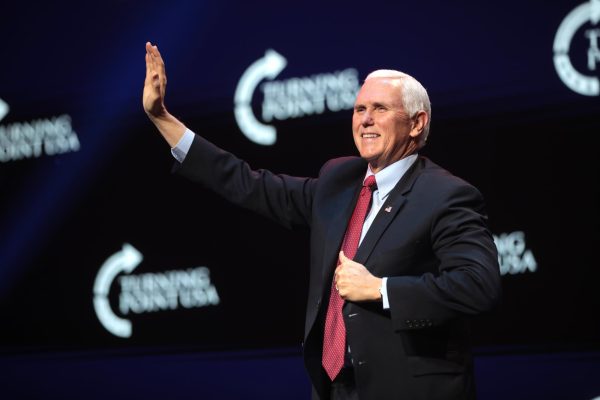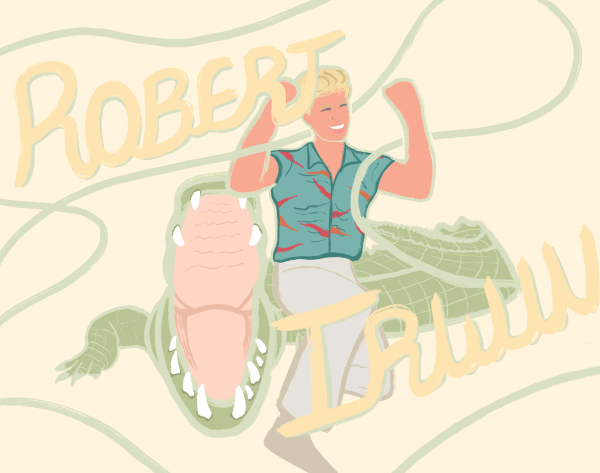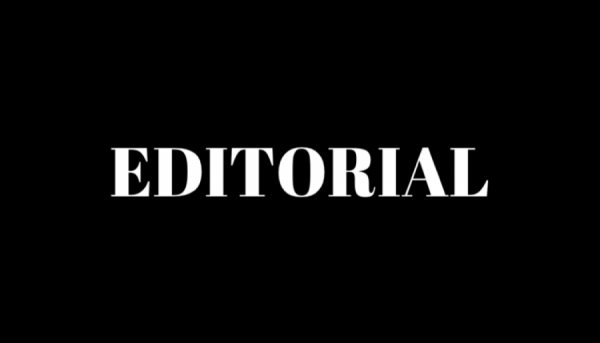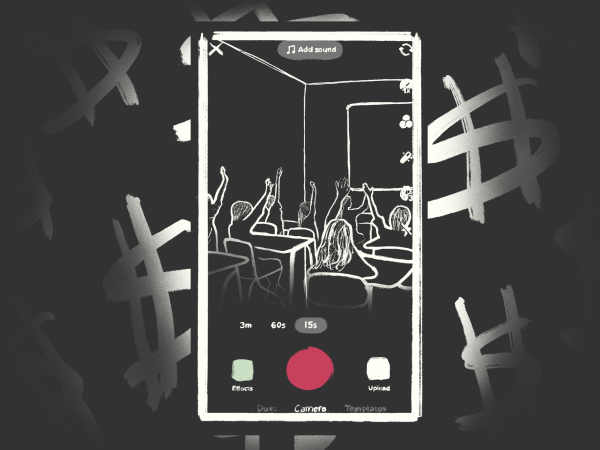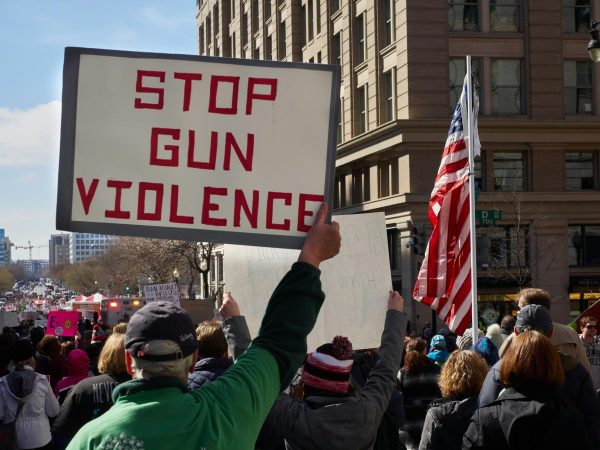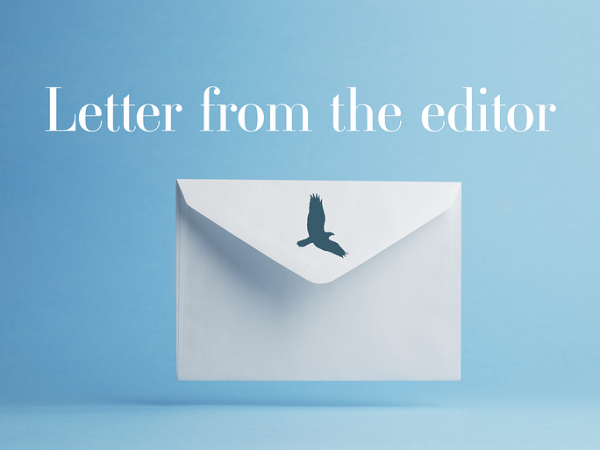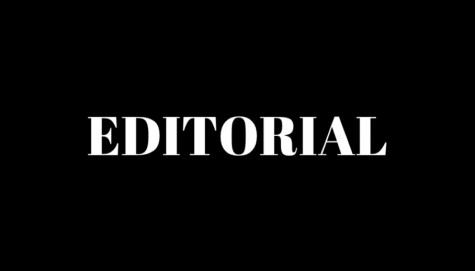Letter from the Editor: The mistakes we make as student journalists
Last week, The Seahawk published an article that was incorrect. We reported that an on-campus screening was scheduled despite restrictions on events and reservations. By the time of publication, student organization leaders had been notified that they could, in fact, reserve campus spaces again. Not only did we get that part wrong, but the article’s tone led some of the event’s organizers, particularly members of the Black community, to feel unfairly singled out or blamed for wrongdoing they did not commit. The article has since been corrected and updated.
Our intentions with this article were to highlight the confusion, lack of transparency and lack of communication The Seahawk experienced while trying to obtain information on this event. However, our intentions are irrelevant. Our coverage hurt people, the same people we aim to give a voice to at The Seahawk. That is not okay.
Here’s how our editing process operates: Stories are typically read by at least two editors before publication. When writers turn in an article, it gets edited by a head editor then finally by the copy editor. Sometimes the editor-in-chief assists in the editing process, but not always. Being a student journalist often complicates this process. Producing quality journalism is a full-time job, but student newspapers run on young, dedicated people who often have lots of other responsibilities. We learn on the job and are often trying to teach others too. Sometimes not all members needed in the editing process are available, so other members must step in to produce timely coverage. Requests for information are often misdirected or take days to get a response. Nonetheless, we are always trying to strike a balance between teaching and timeliness without sacrificing accuracy.
We do not always get that balance right, and in this situation, my bad judgment prevailed. We apologize to the people that were harmed by this story, specifically Dione Reynolds, Kelly Wrobel, Krissy Vick and the Black community here at UNCW.
The Seahawk is committed to doing better. We are reviewing the editing process above and will reduce the instances of single-person publishing. Sensitive stories will be reviewed by a committee made up of editorial staff and general body members to review language, construction and content that could injure underrepresented groups on campus. We will also strengthen our efforts to connect with diverse campus voices and organizations, including through a specific contact on our editorial board.
Moving forward, we hope this situation does not further divide The Seahawk from diverse organizations. Instead, we hope it increases connection and feedback between our organizations so we can better represent the campus community. Our team of student journalists will continue to serve the UNCW community to the best of our ability and we appreciate any feedback and support that helps us do that better.



